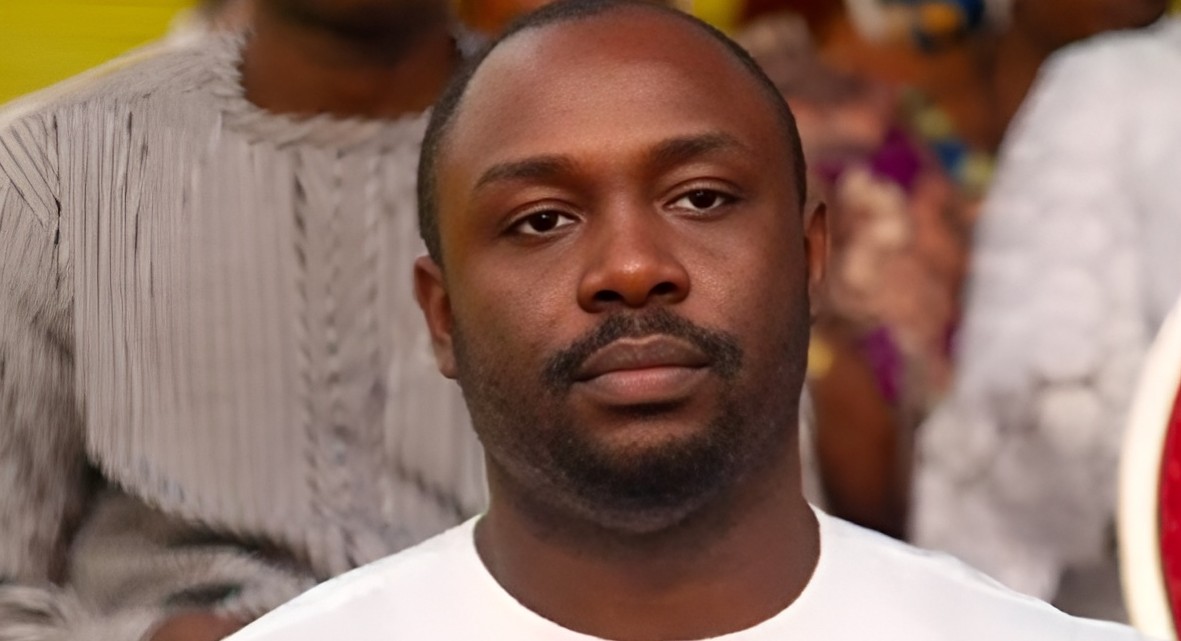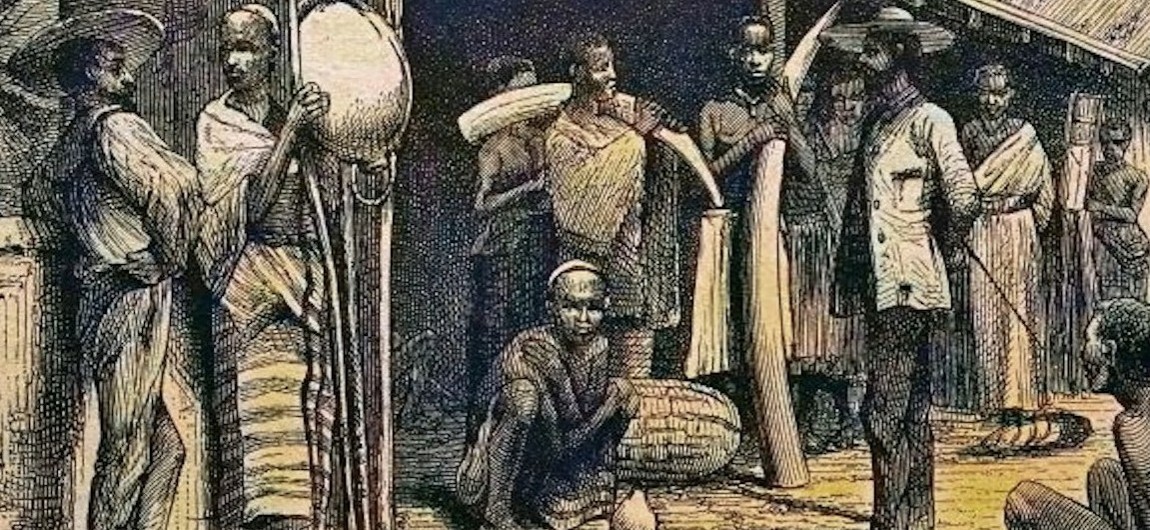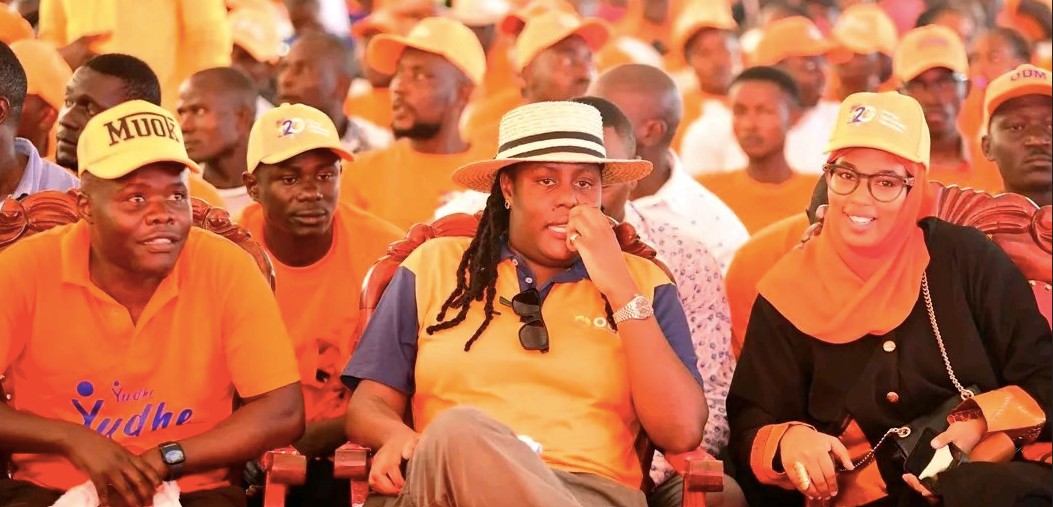Fresh petition seeks CJ Koome's removal from office for assigning junior judges to hear own case

The petition, filed by former Law Society of Kenya (LSK) President Nelson Havi, accuses Koome of gross misconduct in the assignment of judges to hear a petition she filed, alongside other Supreme Court judges, against the Judicial Service Commission.
A new petition has been lodged at the Judicial Service Commission, seeking Chief Justice Martha Koome’s removal from office for allegedly compromising judicial independence in a case involving the Supreme Court and the JSC.
The petition, filed by former Law Society of Kenya (LSK) President Nelson Havi, accuses Koome of gross misconduct in the assignment of judges to hear a petition she filed, alongside other Supreme Court judges, against the Judicial Service Commission.
More To Read
- Kenya’s human rights fraternity lauds posthumous EBS award for Pheroze Nowrojee
- JSC appoints 100 new Resident Magistrates to boost judiciary services
- Men dominate Judiciary complaints and case filings as gender gaps persist despite digital progress
- Judiciary reports 17 per cent drop in fines collected for minor offences in 2023/24
- CJ Koome warns new advocates against misappropriating clients’ compensation
- Judiciary holds historic 'closing of files' ceremony to honour fallen judicial officers
At the centre of the complaint is her decision to pick judges with relatively short experience on the bench, two of whom she helped recruit while serving as chairperson of the JSC.
Havi argues that the Chief Justice should not have taken part in assigning Justices Lawrence Mugambi and Bahati Mwamuye to the expanded three-judge High Court bench hearing the matter. He notes that both judges were appointed recently, Mugambi in 2022 and Mwamuye in 2024, and were admitted to the bar in 2003 and 2008, respectively.
“The gravity and weight of the claim in the petitions by judges of the Supreme Court required an expanded bench of experienced five or seven judges of diverse philosophies and manifesting the face of Kenya, not to forget gender balance,” Havi states in his 17-page affidavit filed on Friday.
He contends that due to the complexity of the case and its far-reaching constitutional implications, judges with over five years of judicial experience or senior colleagues who joined the bar in the 1980s should have been appointed to hear it.
According to Havi, Justice Koome, who was admitted to the bar in 1987, had the option of choosing from a pool of more experienced judges, including those with whom she shares seniority and professional standing. He highlights the presence of other suitable judicial officers, such as the Presiding Judge of the Constitutional and Human Rights Division of the High Court.
“In any event, there are many more senior judges of the High Court, including the Presiding Judge of the Constitutional Division, who are peers of Justice Koome and who would have been suitable for assignment,” reads the petition.
The third judge on the bench is Justice Charles Kariuki, stationed in Narok, who was admitted to the bar in 1989 and has over two decades of service in the Judiciary.
The pending case involves all seven Supreme Court judges, led by Koome, who in February sought intervention from the High Court after the JSC signalled the start of disciplinary proceedings. The commission had issued notices requiring the judges to respond to complaints, including one filed by Havi, over their decision to bar lawyer Ahmednasir Abdullahi and his law firm from appearing before the Supreme Court.
Breach of judicial ethics
Havi claims Koome’s move to file the case in the High Court, a court subordinate to her, constitutes a breach of judicial ethics, especially since the matter could eventually be escalated to the Supreme Court, where she presides.
“The institution by CJ Koome of the petition against JSC before the High Court which is subordinate to her, whose decision may end up before the Supreme Court, of which she is the president, is gross misconduct and misbehaviour. I verily believe that the assignment of the petitions in which she is the petitioner to Kariuki, Mugambi and Mwamuye to hear is gross misconduct and misbehaviour warranting her removal from office,” Havi argues.
He further contends that as a party to the case, Koome was prohibited from selecting the bench to hear the matter and should have delegated that function to another judicial officer.
To illustrate his point, Havi cites the case of retired Chief Justice David Maraga, who in 2021 faced a legal challenge over his advisory to President Uhuru Kenyatta to dissolve Parliament. In that instance, Maraga delegated the task of assigning judges to the Deputy Chief Justice Philomena Mwilu.
Still on the issue of conflict of interest, Havi argues it was inappropriate for Justice Koome to assign Justice Mugambi to the matter, as they share the same ethnic background and hail from the same county.
He also draws a comparison to a case involving Derek Schofield, a British lawyer and former Chief Justice of Gibraltar. Schofield was removed from office for initiating judicial review proceedings in the High Court to challenge his own removal and presiding over the same court. Havi says the parallels between Schofield’s actions and Justice Koome’s conduct are striking.
“The conduct of Koome is similar in all aspects to that of Justice Schofield before her,” he argues, adding that the High Court lacks powers to inquire into the propriety of hiring or removing a Chief Justice or Deputy Chief Justice.
Quoting Article 168 of the Constitution, Havi says that the process of removing a Chief Justice should be handled by a tribunal comprising three superior court judges from common-law jurisdictions.
“Under Article 168 of the Constitution of Kenya, a tribunal to consider the removal of the Chief Justice of the Republic of Kenya comprises three superior court judges from common-law jurisdictions,” he says.
The complaint is currently awaiting consideration and determination by the Judicial Service Commission.
Top Stories Today












































